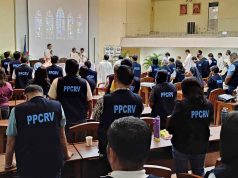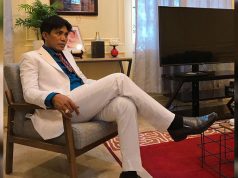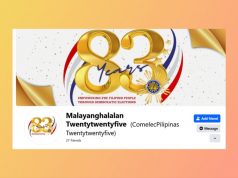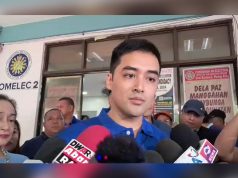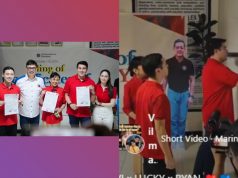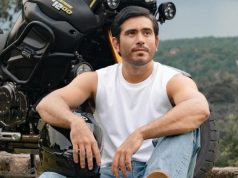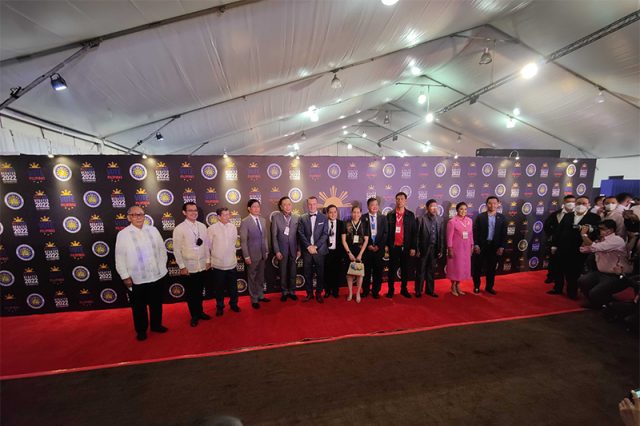
MANILA — The Philippines’ presidential candidates debating on Saturday agreed on at least one thing and that was the need to hold social media firms liable for the spread of disinformation as the country prepares for elections on May 9.
With the coronavirus pandemic disrupting traditional campaigning, candidates and supporters are increasingly turning to social media to reach voters, prompting concerns about online hate speech and disinformation.
“Social media platforms should be made accountable because they are housing disinformation,” Vice President and opposition leader Leni Robredo said in the debate.
Retired boxing champion Manny Pacquiao, who is also running for president, said creators of fake news should be punished.
Another candidate, Manila city mayor Francisco Domagoso, also said social media firms should be held accountable for allowing fake accounts on their platforms.
The candidates did not name which social media companies could be punished.
Representatives for Meta Platforms’ Facebook FB.O, Alphabet’s GOOGL.O YouTube, Twitter and TikTok, all popular social media platforms in the Philippines, did not immediately respond to requests for comment.
Frontrunning candidate Ferdinand Marcos Jr did not participate in the presidential debate organized by the country’s election body.
Analysts say the popularity of Marcos, the namesake and son of the Philippines’ late dictator, stems from a effective social media strategy targeting the youth.
More than 67 million Filipinos are eligible to vote on May 9 to select the Southeast Asian nation’s next president, vice president and roughly 18,000 local officials.
—Reporting by Neil Jerome Morales; editing by Jason Neely




